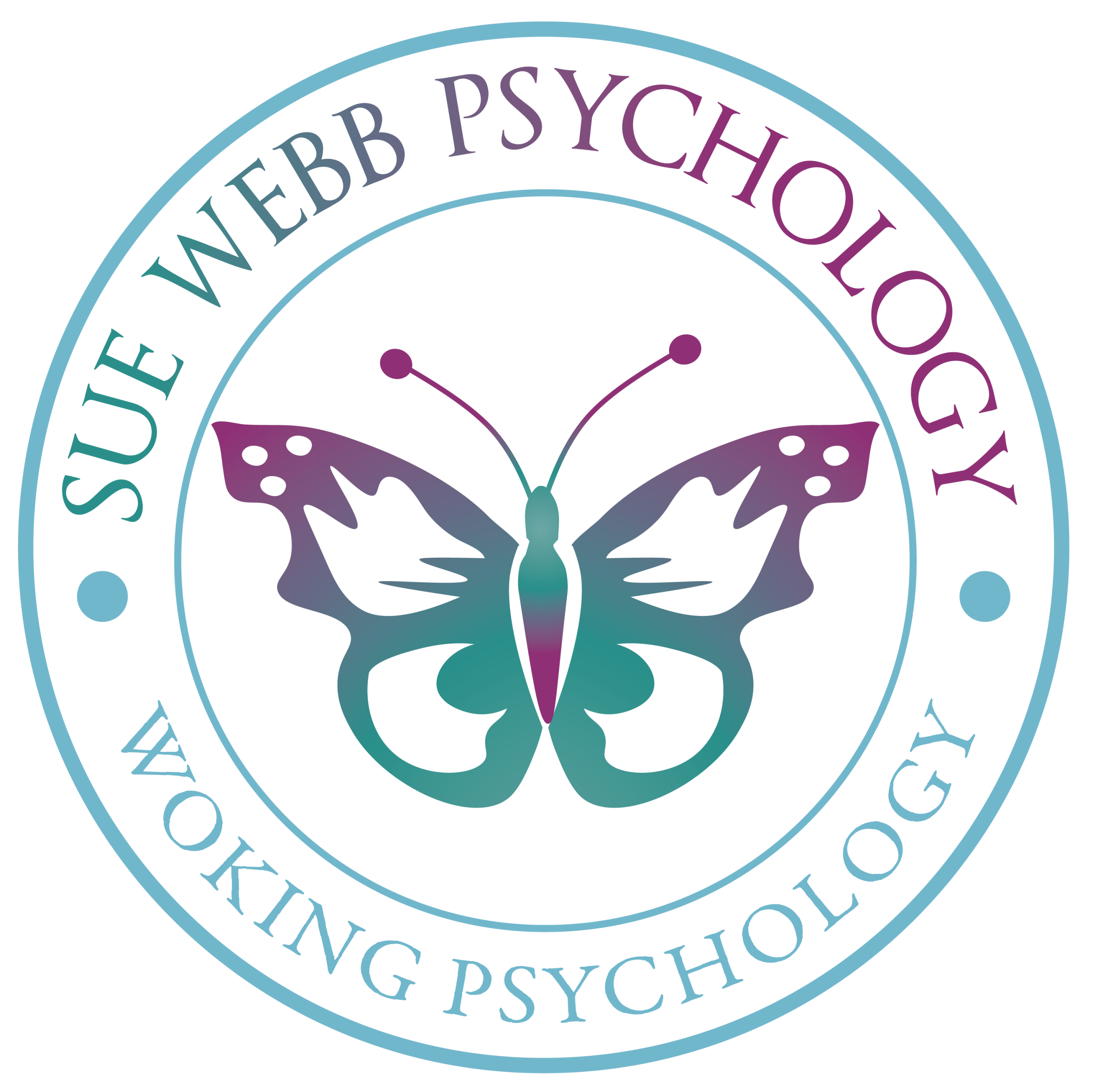Anxiety is a common and natural response to stress, but if it goes on for a long time, it can become overwhelming, and significantly impact our well-being. Many things can cause anxiety, from stress at work, relationship difficulties or breakdown, unexpected events, such as accidents, illness or losing a loved one, to more diffuse or difficult to define, underlying anxiety, such as worrying a lot about things in the future, even if they are not very likely to happen.
Managing anxiety is crucial for maintaining our mental and emotional health. If it persists for more than a few months it is worth considering seeing a therapist for help.
Here are ten practical tips to help you manage anxiety and regain control over your life.
- Identify Your Triggers: The first step in managing anxiety is to identify what triggers your anxious feelings. It could be specific situations, people, or even your own thoughts. Keep a diary to track these triggers, which can help you understand your anxiety better.
- Relaxation exercises and Mindfulness: Relaxation exercises and mindfulness techniques are powerful tools for managing anxiety. By focusing on your breath, physically relaxing your muscles and being present in the moment, you can calm your mind and reduce anxious thoughts. A little tip to bear in mind is that if you are physically relaxed, it is impossible to worry, because the two systems are very interlinked! It actually takes practice to learn how to relax properly and breath from your diaphragm rather than your chest, so doing these exercises daily helps to reduce anxiety levels more efficiently.
- Regular Exercise: Physical activity is a natural anxiety reducer. Exercise releases endorphins, which are your body’s natural mood lifters. Aim for at least 30 minutes of exercise most days of the week, whether it’s walking, jogging, dancing, or yoga. If work or other responsibilities make it difficult to get outside, even going up and down stairs a few times will help, or putting on your favourite music and dancing around the room (singing is also great for your mental health, whatever type of voice you have!).
- Healthy Diet: The food you eat can have a significant impact on your anxiety levels. A balanced diet with plenty of fruits, vegetables, and whole grains can provide the nutrients your brain needs to function optimally. Avoid excessive caffeine, sugar, and processed foods, as they can exacerbate anxiety.
- Adequate Sleep: Lack of sleep can make anxiety worse. Ensure you get 7-9 hours of quality sleep each night. Establish a regular sleep schedule, create a comfortable sleep environment, and avoid stimulants before bedtime.
- Limit Alcohol and Caffeine: Both alcohol and caffeine can increase anxiety. While they may offer temporary relief, they often lead to a rebound effect, making anxiety worse. Limit your consumption of these substances, especially if you notice they trigger anxious feelings.
- Social Support: Talk to friends and family about your anxiety. Sharing your feelings with someone you trust can provide emotional support and a fresh perspective on your problems. You may also consider joining a support group where you can connect with others who understand what you’re going through.
- Cognitive Behavioral Therapy (CBT): CBT is a proven therapeutic approach for managing anxiety. It helps you identify and challenge negative thought patterns and replace them with more rational and constructive ones. A trained therapist can guide you through this process.
- Time Management: Feeling overwhelmed by a hectic schedule can contribute to anxiety. Effective time management can help you regain control of your life. Prioritize tasks, set realistic goals, and learn to say no when necessary. Remember that it’s okay to ask for help when needed.
- Relaxation Techniques: Incorporate relaxation techniques into your daily routine. This could include practices like progressive muscle relaxation, visualization, or even hobbies that help you unwind, such as painting, reading, or gardening.
Remember, managing anxiety is a journey, and what works best for one person may not work for another. It may take some trial and error to find the strategies that suit you best. Additionally, some people may benefit from professional help, such as therapy or medication. Seeking help is a sign of strength, not weakness, and can be a crucial step in managing anxiety effectively.
In conclusion, anxiety is a common part of life, but it doesn’t have to control your life. By identifying triggers, adopting a healthy lifestyle, seeking support, and practicing relaxation techniques, you can significantly reduce anxiety’s impact and regain a sense of balance and well-being. It’s important to be patient with yourself and to remember that managing anxiety is an ongoing process that can lead to a happier and healthier life.
For more resources to help deal with anxiety, including relaxation exercises you can download, go to my website:
Dr Sue Webb
Clinical Psychologist
October 2023



Leave a Reply